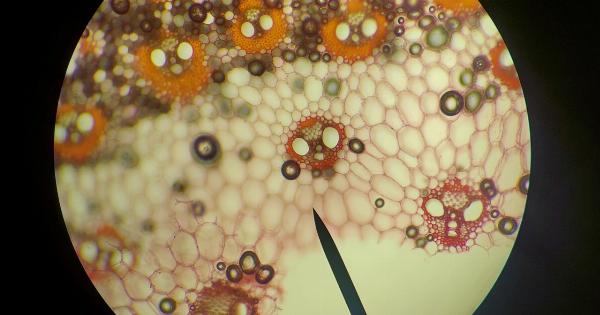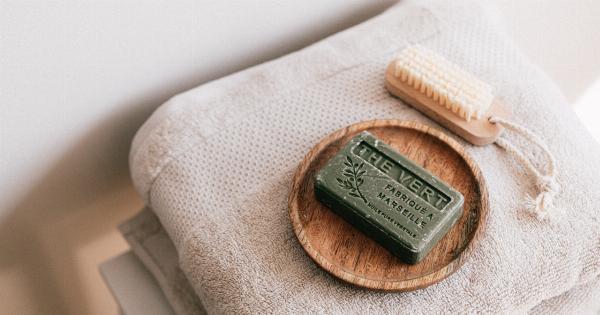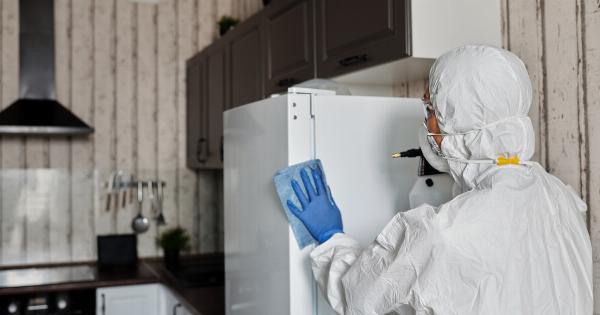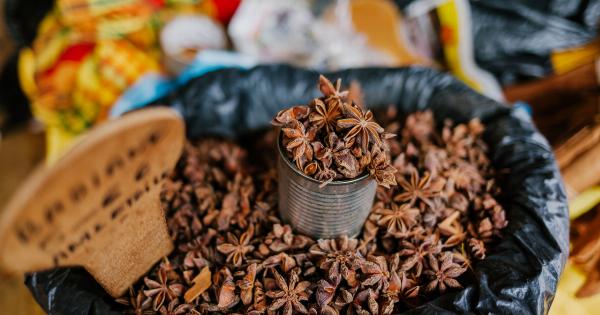Microbes have always been a part of our lives. These tiny living organisms can be found everywhere, from the soil we walk on, to the air we breathe, to the surfaces we touch.
Among these microbes are bacteria, which are some of the most plentiful microorganisms on earth. In fact, there are estimated to be trillions of bacteria living inside and outside of our bodies.
What are bacteria?
Bacteria are single-celled organisms that are found in almost every environment on earth.
They are among the oldest forms of life on this planet and can survive in extreme conditions such as high temperatures, low temperatures, and even in environments without oxygen.
Bacteria come in different shapes such as rods, spheres, and spirals. They can be found in different habitats including soil, water, and air.
Some bacteria are beneficial, such as those found in our intestines that help us digest food, while others can be harmful, such as those that cause diseases such as strep throat or pneumonia.
Where are bacteria found?
Bacteria are found almost everywhere, and we come into contact with them in our daily lives. Some common places where bacteria thrive include the following:.
In our homes
Our homes are a breeding ground for bacteria. They can be found on surfaces such as countertops, sinks, and toilets. However, bacteria can also be found in less obvious places such as inside our washing machines, and even in the air we breathe.
In our workplaces
Just like our homes, our workplaces are also home to many bacteria. They can be found on doorknobs, keyboards, and phones. Bacteria can also be transferred between people through handshakes and other forms of physical contact.
In our bodies
Bacteria are also found inside our bodies. They help us to digest food, break down toxins, and fight off harmful bacteria.
The bacteria in our bodies are collectively known as our microbiome, and maintaining a healthy microbiome is essential for overall health.
The importance of bacteria
Bacteria play a vital role in the natural world. They are involved in several essential processes, including the following:.
Decomposition
Bacteria are responsible for breaking down dead plant and animal matter into nutrients that can be used by living organisms. This process is known as decomposition, and it is essential for the health of ecosystems.
Nitrogen fixation
Some bacteria are capable of converting atmospheric nitrogen into a form that plants can use. This process is known as nitrogen fixation and is essential for the growth of crops.
Synthesis of medicine
Bacteria are used in the production of several medicines, including antibiotics. These medicines are used to treat bacterial infections and save countless lives every year.
The impact of bacteria on our health
Bacteria can have both positive and negative effects on our health. While some bacteria are beneficial, others can cause diseases. Bacterial diseases can range from mild illnesses such as strep throat to life-threatening infections such as sepsis.
Here are some examples of bacterial diseases:.
Salmonella
Salmonella is a type of bacteria that can cause food poisoning. It is typically spread through contaminated food or water and can cause symptoms such as diarrhea, fever, and abdominal cramps.
Tuberculosis
Tuberculosis is a bacterial infection that primarily affects the lungs. It is spread through the air and can cause symptoms such as coughing, fever, and weight loss. Without treatment, tuberculosis can be fatal.
Strep throat
Strep throat is a bacterial infection that causes sore throat, fever, and swollen lymph nodes. It is spread through contact with an infected person and can be treated with antibiotics.
How to protect yourself against harmful bacteria
There are several ways to protect yourself against harmful bacteria, including the following:.
Wash your hands
Washing your hands regularly with soap and water is one of the most effective ways to prevent the spread of harmful bacteria. Be sure to wash your hands before eating, after using the bathroom, and after handling items such as money or doorknobs.
Cook food properly
When cooking food, be sure to cook it thoroughly to kill any harmful bacteria that may be present. Use a food thermometer to ensure that the internal temperature of the food reaches the appropriate level.
Stay home when you’re sick
If you’re feeling sick, stay home to prevent the spread of harmful bacteria. Cover your mouth and nose when coughing or sneezing, and dispose of used tissues properly. Be sure to wash your hands regularly to prevent the spread of germs.
In conclusion
Bacteria are some of the most prevalent microorganisms on earth and can be found almost everywhere. While some bacteria are beneficial, others can cause diseases.
It’s important to take steps to protect yourself against harmful bacteria by washing your hands, cooking food properly, and staying home when you’re sick. By doing so, you can help to prevent the spread of bacterial diseases and maintain your overall health.






























